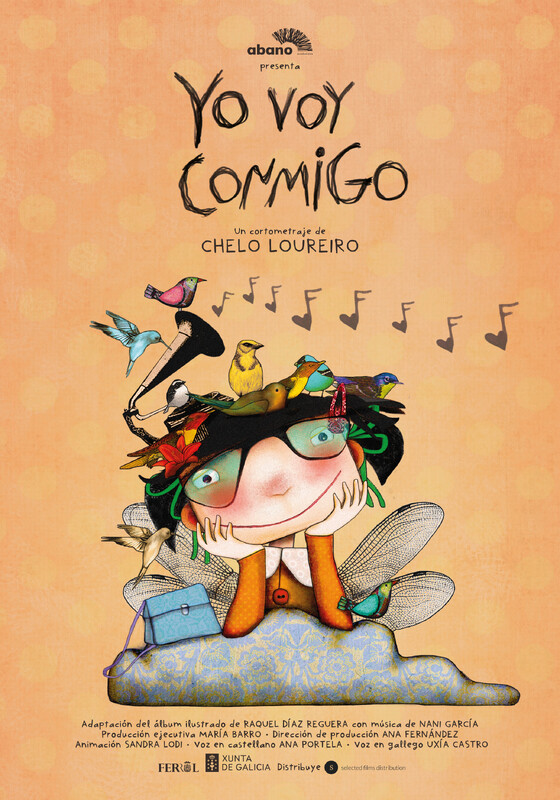Elisa likes Martin, but Martin doesn’t seem to realise it. All the advice Elisa receives to make Martin fall in love with her is to change not only her appearance, but also who she really is. Will she give up being herself to get it? Will that be a good thing?
Program ‘Good morning Human Rights’ – Screening for high schoolers – Organised in cooperation with the Ministry of Education.






